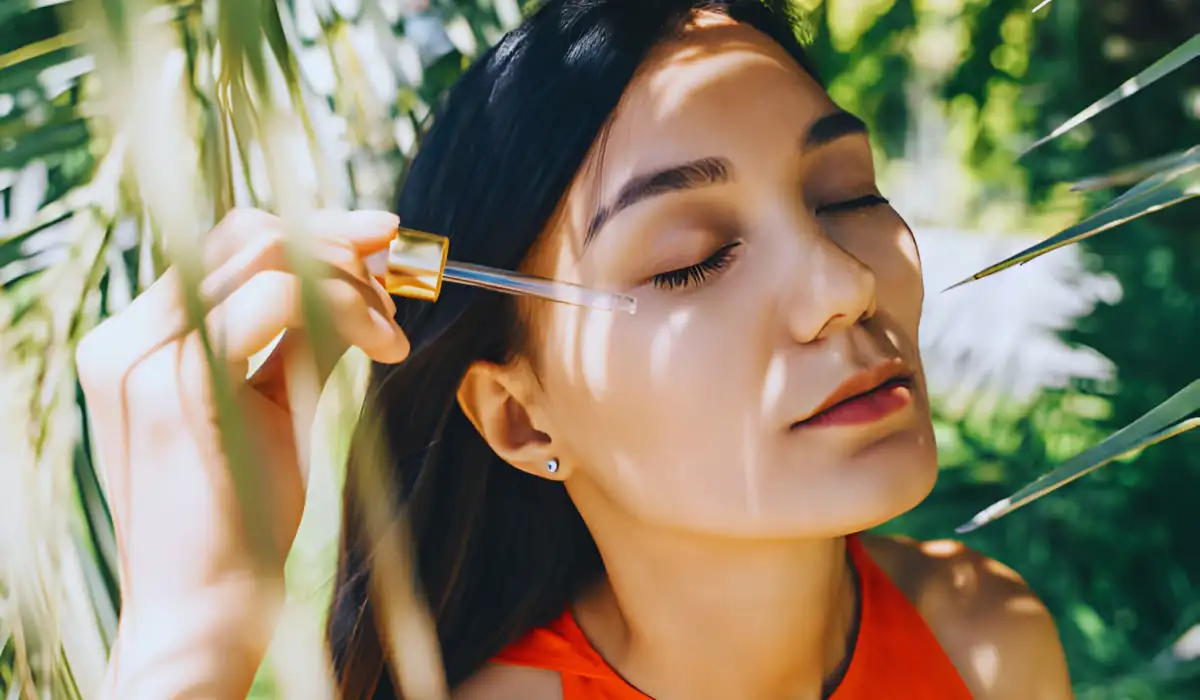Retinol is one of the most widely used ingredients in skin care products. It is known for its ability to reduce signs of aging and improve acne. But is it really safe for your skin? When it comes to your skincare, you should never settle for anything less than the safest option, so consider this as an investigation into the safety concerns behind retinol.
Retinol is a form of vitamin A that works by increasing cell turnover, which is the process of producing new skin cells to replace existing skin cells. This process can make sure that your skin stays smooth and bright.
However, frequently using too much retinol can result in side effects. Read on to find out the risks associated with retinol, the miraculous anti-aging compound.
Is Retinol Safe for All People Who Care About Their Skin?

The short answer is yes; retinol is generally safe for most people when used correctly. However, in some cases, it can cause side effects, such as dryness and irritation, and it can make your skin more sensitive to sunlight.
You can assure safety by starting with a low concentration of retinol and gradually increasing the strength as your skin tolerates it. You should also always apply sunscreen with SPF 30 or higher when using retinol. If you’re still concerned about safety, consult a dermatologist, before using products that contain retinol.
Is it okay to use retinol every day?
Generally, it is recommended to use retinol every day for the best results. However, if you are new to retinol, start by using it once or twice a week and look out for any side effects. If your skin is tolerating retinol well, then you can use it every day. It is also important to note that using retinol at night is safer since you can avoid any sensitivities related to exposure to sunlight.
While you are using retinol, follow the below tips to maximize its effects and minimize the risk of side effects:
- Don’t Overdose: High amounts of retinol can make your skin more sensitive. Usually, it is recommended to use a pea-sized amount of retinol a day. Anything more than that may lead to side effects.
- Use it Properly: Before applying retinol, clean your face using a gentle cleanser and dry it with a clean towel. Apply a pea-sized amount of retinol all over your face and gently rub it into the skin for an even distribution.
- Moisturize: Once you have applied retinol to your skin, top it with a moisturizer to avoid dryness and irritations.
- Protect from Sunlight: As retinol can make your skin more sensitive to UV rays, always protect your skin by applying a broad-spectrum sunscreen or an umbrella.
- Avoid Retinoids if Pregnant: Most experts advise against using retinoids during pregnancy. If you are pregnant, it will be safer to choose other alternatives.
What age should you use retinol?
Retinol is an OTC anti-aging solution that can help you maintain smooth and bright skin. There is no specific age to start using retinol, you can take it whenever you prefer. However, some experts recommend including retinol in your skin routine starting from your 20s.
Retinols can increase collagen production, which can help improve the appearance of the skin. So, by starting early, you can prevent the signs of aging, like skin wrinkling, before they even begin. Retinol is also beneficial for teenagers who are experiencing acne breakouts.
Who should not use retinol?
Retinol is generally considered safe for most people but it can cause irritations and other side effects in some people. If you belong to any of the below categories, you should only use retinol after consulting with a board-certified dermatologist.
- People with sensitive skin conditions like rosacea
- People who spend a lot of time in direct sunlight
- Pregnant or nursing mothers
- If you are getting any facial procedures done
What happens if I stop using retinol?
The effects of stopping retinol usage can vary from person to person. But in general, stopping retinol from your daily routine, after years of continuous usage can make the signs of aging, such as wrinkles and frown lines resurface.
If you are planning to stop using retinol, it is best to consult your dermatologist and discuss what would be best for your individual skin condition. The dermatologist may also suggest other alternative products that can help you maintain the youthful appearance of your skin.
Conclusion
Retinol is a form of vitamin A, that is widely used in skincare products. It has anti-aging properties which can make your skin smoother and brighter. Though retinol is generally considered safe, it can cause side effects such as irritation, dryness, and scaly skin in certain individuals. It can also make your skin more sensitive to sunlight.
You can use retinol every day, but start by applying it once a week and work your way up as your skin starts to tolerate it to assure safety. You can start using retinol at any age, but experts recommend starting in your 20s for the best anti-aging results. Stopping the use of retinol may lead to some changes in the appearance of your skin. So, it is best to consult a dermatologist before you do so.
Now that you have understood all the safety concerns related to retinol, would you give it a chance?
References
- Babamiri K, et al. (2010). Cosmeceuticals: The evidence behind the retinoids. DOI:
https://doi.org/10.1177/1090820X09360704 - Kafi R, et al. (2007). Improvementof naturally aged skin with vitamin A (retinol).
https://jamanetwork.com/journals/jamadermatology/fullarticle/412795

